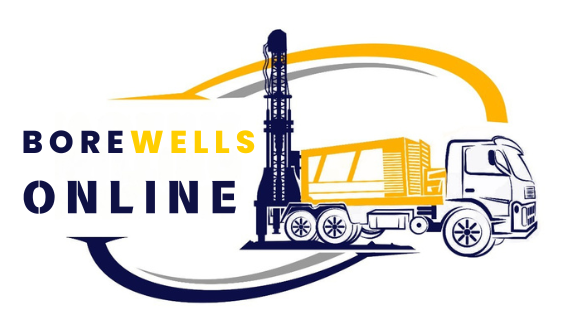Deep borewells, also known as deep water wells or boreholes, can offer several benefits depending on the context and purpose. Here are some potential advantages:
- Access to Deeper Aquifers: Deep borewells allow access to deeper aquifers, which may contain more abundant and cleaner water compared to shallow wells. This can be crucial in regions where shallow groundwater is insufficient or contaminated.
2. Increased Water Supply: Deeper wells can tap into larger and more productive aquifers, providing a greater and more consistent water supply. This is particularly important in areas facing water scarcity or high demand.
3. Reduced Vulnerability to Drought: Deeper borewells may draw water from more stable and reliable sources, making them less susceptible to variations in rainfall and drought conditions that can affect shallower wells.
4. Improved Water Quality: Deeper aquifers may have better water quality because the water has undergone natural filtration processes as it percolated through various geological layers. This can result in water that is less prone to contamination.
5. Less Susceptible to Surface Contamination: Since deep borewells access water from considerable depths, they are less susceptible to surface contamination and pollutants compared to shallow wells, which may be influenced by activities on the ground surface.
6. Year-round Water Availability: Deeper wells are less likely to run dry during dry seasons or periods of low rainfall. This provides a more reliable water source for agricultural, industrial, and domestic purposes throughout the year.
7. Reduced Pumping Costs: While drilling deeper wells initially involves higher costs, the operational costs for pumping water may be reduced because deeper aquifers often yield larger quantities of water with less effort.
8. Longer Well Lifespan: Deep borewells, if properly constructed and managed, can have a longer lifespan compared to shallow wells. This contributes to the sustainability of water supply systems over time.
It’s important to note that while deep borewells offer these benefits, they also come with challenges and potential drawbacks. These may include higher initial drilling costs, the need for proper management to prevent over-extraction, and potential environmental impacts. Additionally, the geological conditions of the area play a crucial role in determining the success and sustainability of deep borewells.
